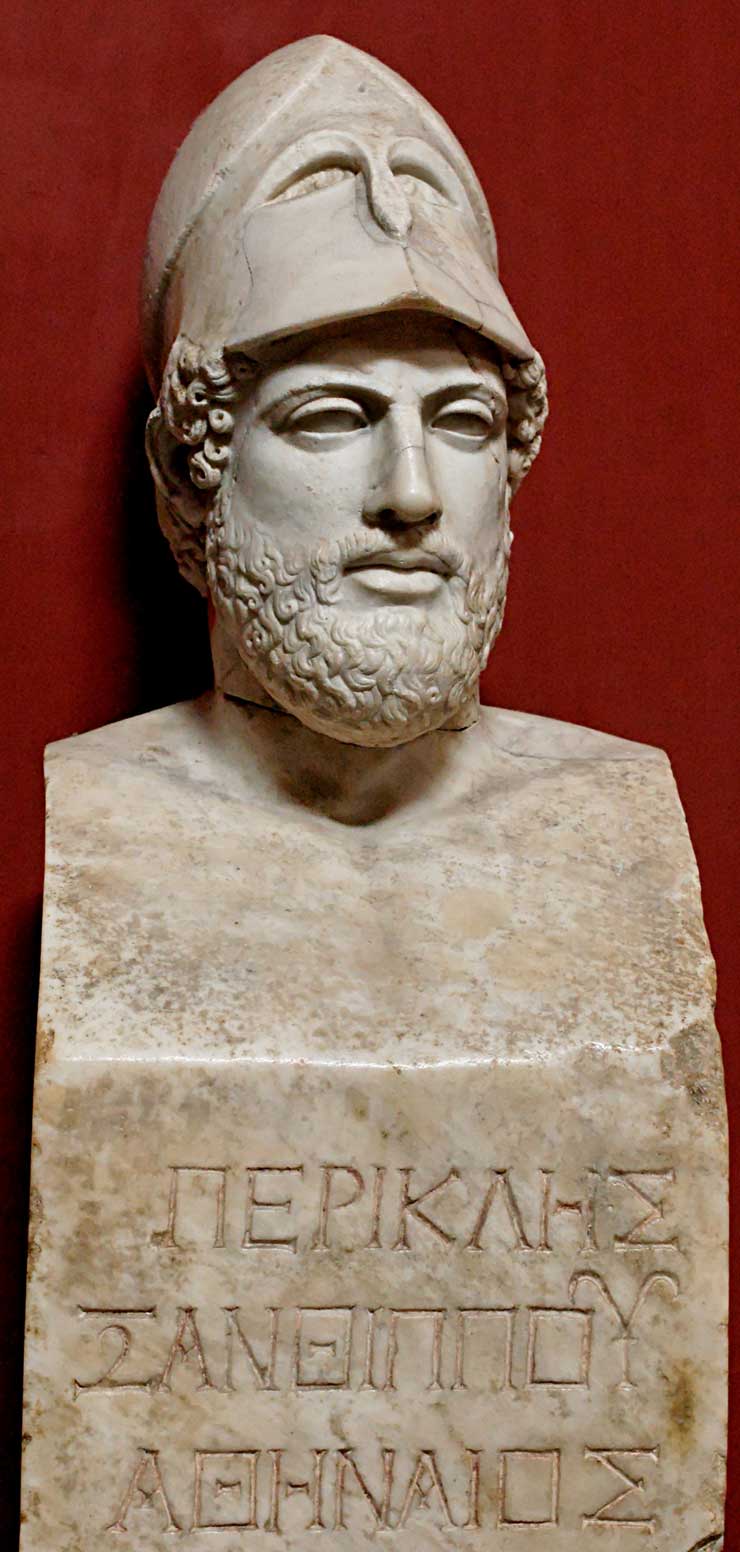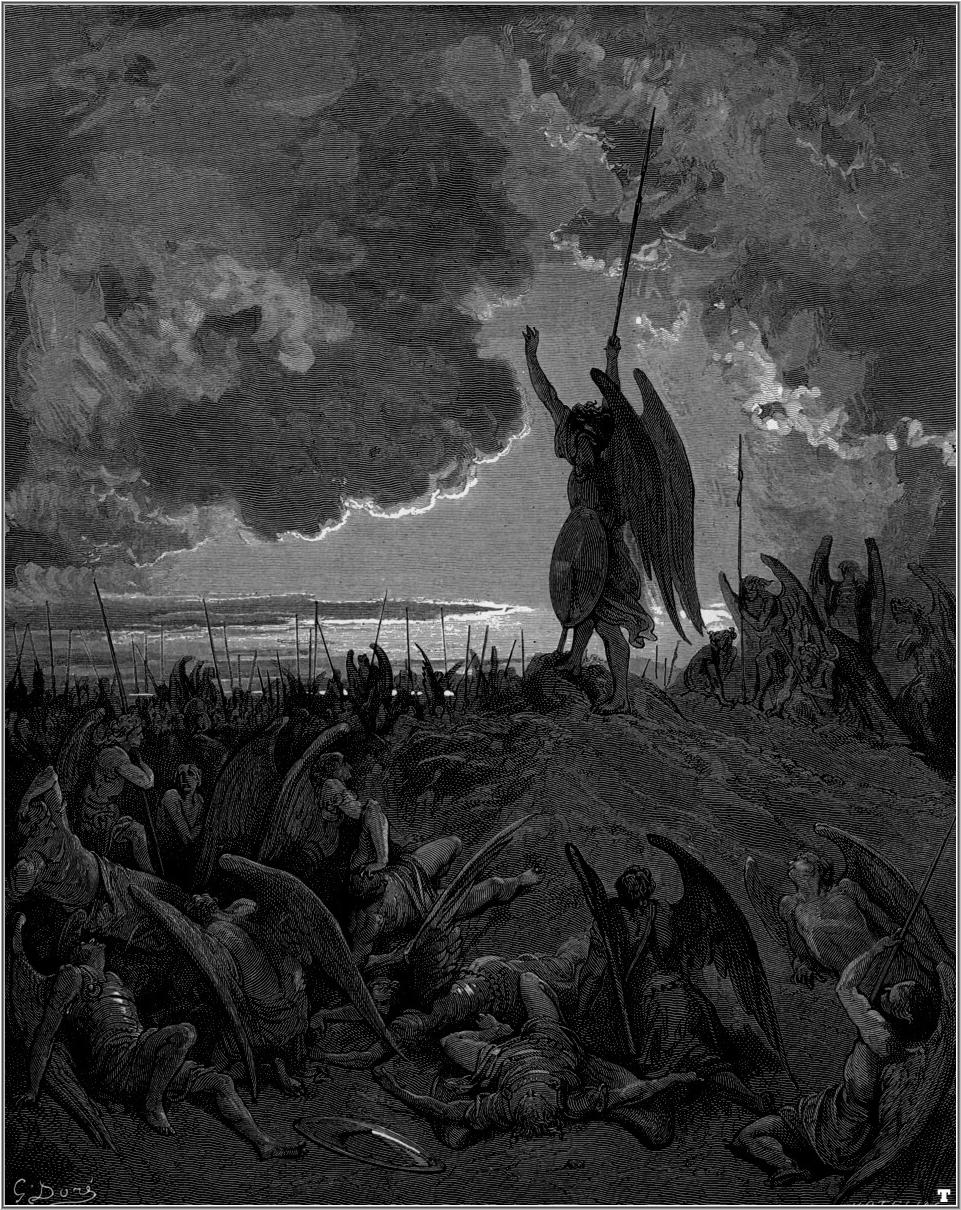Take Seneca's play 'Hercules', for example. The "plot" of the play is actually rather lame: Juno is angry that Hercules has managed to get Cerberus from the Underworld, so she decides to set the Furies on him. Hercules goes bonkers, kills his wife and children, and then takes up an offer from Theseus to go to Athens to be purified. It is simple and, in terms of pure action, rather boring. What is interesting is the mind and attitudes of Hercules throughout the play. He is actually rather naive and innocent, while still being a bit of a megalomaniac, even prior to his manic episode. His quest, generally, seems to be the promotion of law and order and the extinguishing of injustice. But, when he returns, he prays that there be no violent storms, or poisonous plants (l. 931-936) . A noble sentiment, but this shows an ignorance of the way the world really works. (Incidentally, I think that Juno should have given Hercules a quest such as this: destroying all the hemlock plants would probably be harder for Hercules than leading Cerberus around on a leash; it would be more comic as well. But then I suppose this isn't exactly what Seneca was going for.)

Hercules' descent into madness is fascinating. At first, we think it is merely his megalomania asserting itself; he says that, "non capit terra Herculem / tandemque superis reddit." This is perhaps understandable given that he has just completed his last labor, and should then receive his entry into heaven as was promised. However, we soon find out this is much more than his egotistical notions. Right around line 975 we start to realize that Hercules has gone completely insane. He says, "Gigantes arma pestiferi movent", 'the pestilential Giants are in arms". He is apparently having visions of the Giants being armed and ready to fight; he then goes on to describe them. Then, his madness is confirmed: he thinks that his children are those of Lycus, who usurped the throne of Thebes, and that his wife is Juno and proceeds to slaughter them, which is described in all its gory detail by Amphitryon, eg.
dextra precantem rapuit et circa furens
bis ter rotatum misit; ast illi caput
sonuit, cerebro tecta disperso madent. (1005-1007)
in coniugem nunc clava libratur gravis:
perfregit ossa, corpori trunco caput
abest nec usquam est. (1024-1026)








